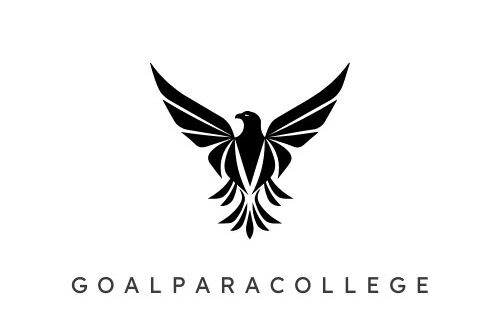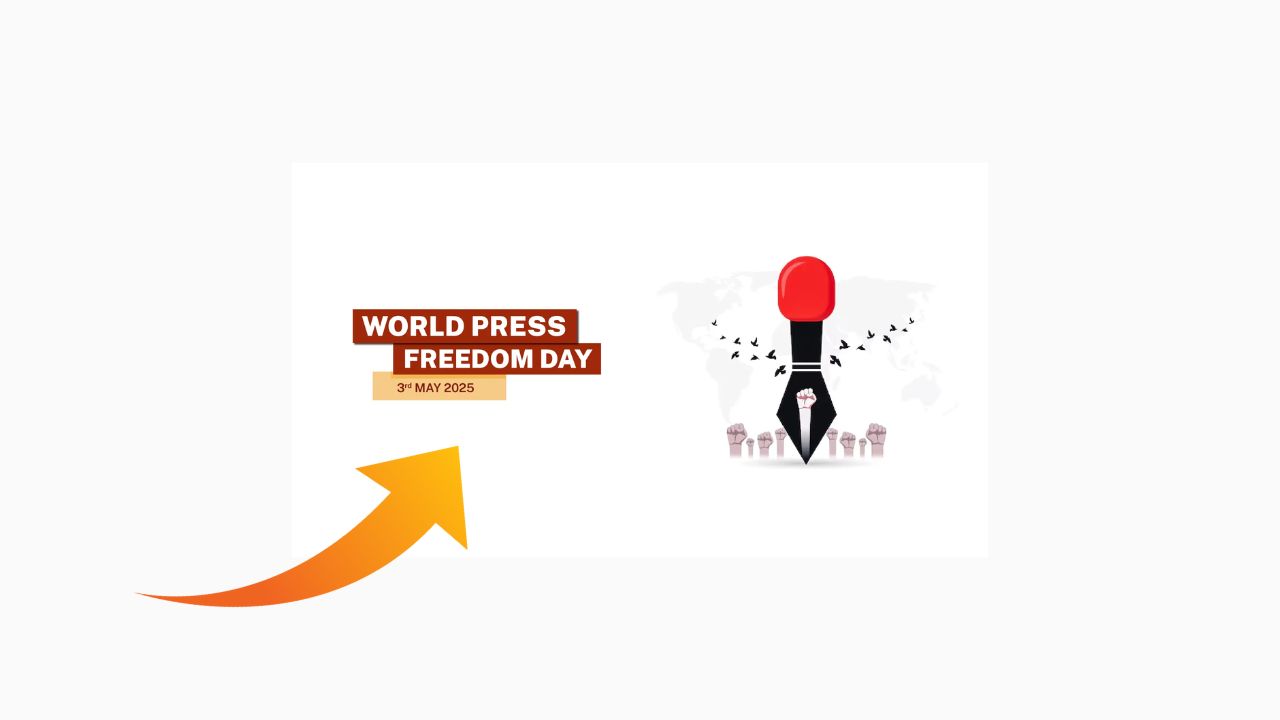Every year on May 3rd, the world comes together to celebrate World Press Freedom Day, a global observance that highlights the essential role of a free press in promoting democracy, justice, and transparency. This annual event not only celebrates the importance of journalism but also serves as a reminder of the threats faced by media professionals around the world.
In 2025, as the world continues to navigate the digital revolution, misinformation, AI-generated content, and political unrest, the significance of press freedom has never been more relevant. Let’s explore the history, importance, theme, and quotes associated with World Press Freedom Day 2025.
History of World Press Freedom Day
World Press Freedom Day was established by the United Nations General Assembly in 1993, following a recommendation made during the UNESCO General Conference in 1991. The proposal was based on the Windhoek Declaration, which was adopted by African journalists in Windhoek, Namibia, on May 3, 1991.
The Windhoek Declaration emphasized the need for a free, independent, and pluralistic press as a cornerstone of democracy and development. It advocated for media systems free from government control, censorship, and political interference.
Since then, World Press Freedom Day has evolved into a powerful global platform where journalists, media houses, civil society organizations, and governments engage in conversations around media freedom, safety of journalists, and challenges facing the modern press.
Theme of World Press Freedom Day 2025
Each year, UNESCO selects a specific theme that reflects the current challenges and concerns of the global media landscape. The theme for World Press Freedom Day 2025 is:
“Journalism in the Age of Artificial Intelligence and Disinformation”
This theme aims to spotlight the dual-edged impact of emerging technologies like AI and machine learning on journalism. On one hand, AI can improve content creation, personalization, and fact-checking. On the other hand, it poses serious concerns related to fake news, deepfakes, biased algorithms, and the erosion of trust in legitimate media.
The 2025 theme urges governments, media institutions, tech companies, and civil society to ensure that technology serves journalism ethically and enhances freedom of expression rather than suppressing it.
Why World Press Freedom Day Matters
1. Protecting Journalists’ Rights
Journalists around the globe often face threats, violence, imprisonment, and even death for simply doing their jobs. World Press Freedom Day reminds us that journalism is not a crime, and calls for stronger protections for those who speak truth to power.
2. Defending Free Speech
Freedom of the press is intricately tied to freedom of speech. A free press ensures that the public has access to accurate information, diverse opinions, and accountable governance.
3. Combatting Disinformation
In the digital age, misinformation spreads faster than truth. This observance encourages investment in media literacy, ethical journalism, and fact-checking practices to protect the public from harmful fake news.
4. Encouraging Transparent Governance
A robust and free press keeps governments, corporations, and institutions accountable. Transparency builds trust in democratic systems, and press freedom plays a critical role in maintaining that trust.
Challenges to Press Freedom in 2025
Despite technological progress and increased awareness, journalists in many parts of the world continue to face significant hurdles:
-
Censorship and Authoritarianism: Some regimes continue to suppress critical media through censorship laws, state-run media, and intimidation.
-
Digital Harassment: Journalists, particularly women and minorities, face online abuse, trolling, and doxxing.
-
Surveillance: With the rise of AI and data analytics, governments and tech firms may use surveillance tools to track journalists.
-
Legal Pressure: Defamation lawsuits, sedition charges, and vague national security laws are often misused to silence reporters.
-
Economic Crisis in Journalism: Media outlets face funding shortages, layoffs, and the collapse of traditional revenue models, affecting their ability to operate independently.
World Press Freedom Day 2025 is a chance to recommit to creating a media environment where truth-telling thrives.
Ways to Observe World Press Freedom Day 2025
Whether you’re a journalist, student, policy-maker, or a concerned citizen, there are many ways to honor this day:
-
Attend or Host a Webinar: Join global events organized by UNESCO or local press clubs discussing media ethics and freedom.
-
Share Journalist Stories: Use social media to amplify the voices of journalists working in dangerous regions.
-
Support Independent Media: Subscribe to trustworthy news platforms, donate to nonprofit media, or promote investigative journalism.
-
Educate Yourself and Others: Learn about press freedom laws, challenges journalists face, and the role of free media in democracy.
-
Call for Action: Advocate for press freedom in your country by contacting representatives or signing petitions.
Famous Quotes on Press Freedom
Here are some thought-provoking quotes that capture the spirit of World Press Freedom Day:
“Freedom of the press is not just important to democracy, it is democracy.”
— Walter Cronkite
“Journalism is printing what someone else does not want printed. Everything else is public relations.”
— George Orwell
“A free press can be good or bad, but, most certainly, without freedom, the press will never be anything but bad.”
— Albert Camus
“The duty of the press is to comfort the afflicted and afflict the comfortable.”
— Finley Peter Dunne
“No prison is big enough to contain the truth.”
— Ai Weiwei
These quotes serve as a powerful reminder that press freedom is essential for an informed, engaged, and empowered society.
Press Freedom Index 2025 (Overview)
Each year, Reporters Without Borders (RSF) publishes the World Press Freedom Index, ranking countries based on the level of press freedom.
While the 2025 index is yet to be fully analyzed, preliminary reports suggest:
-
Nordic countries like Norway, Finland, and Sweden continue to top the index.
-
Countries like China, North Korea, and Iran remain among the lowest due to strict control over media.
-
India has shown mixed results, with growing concerns over digital surveillance and political influence on the media.
This index helps monitor progress and identify regions where action is most urgently needed.
Conclusion
World Press Freedom Day 2025 is more than just a celebration—it is a global call to action. As journalism faces unprecedented challenges from AI disruption, authoritarian regimes, and financial instability, it is our collective responsibility to safeguard the truth, hold power accountable, and protect those who dare to speak out.
A free press is not an optional luxury—it is the oxygen of democracy.

